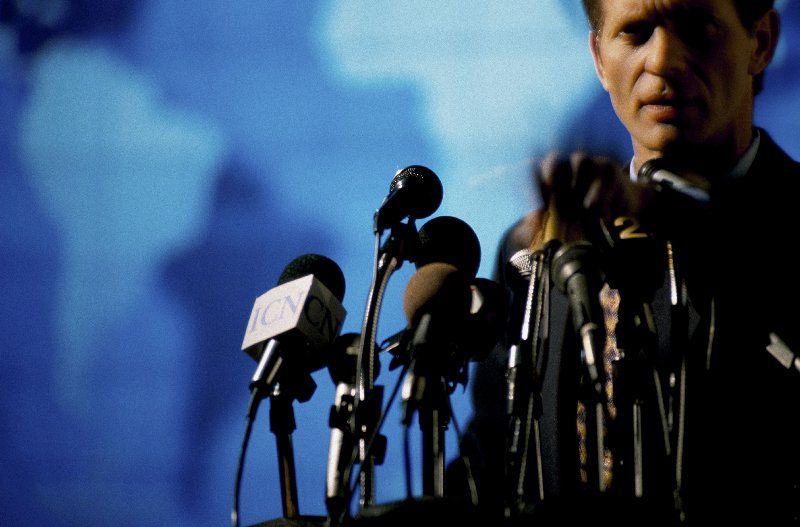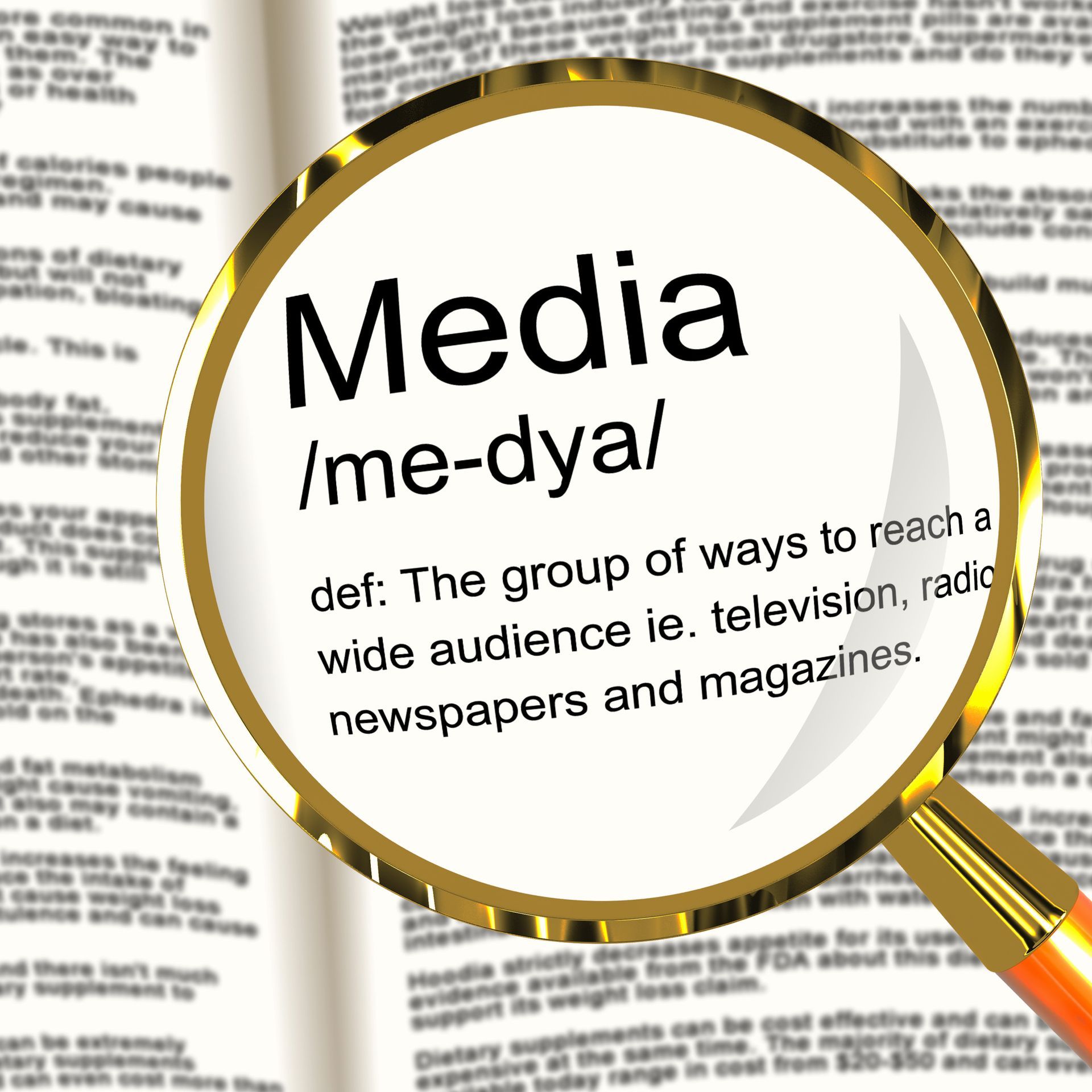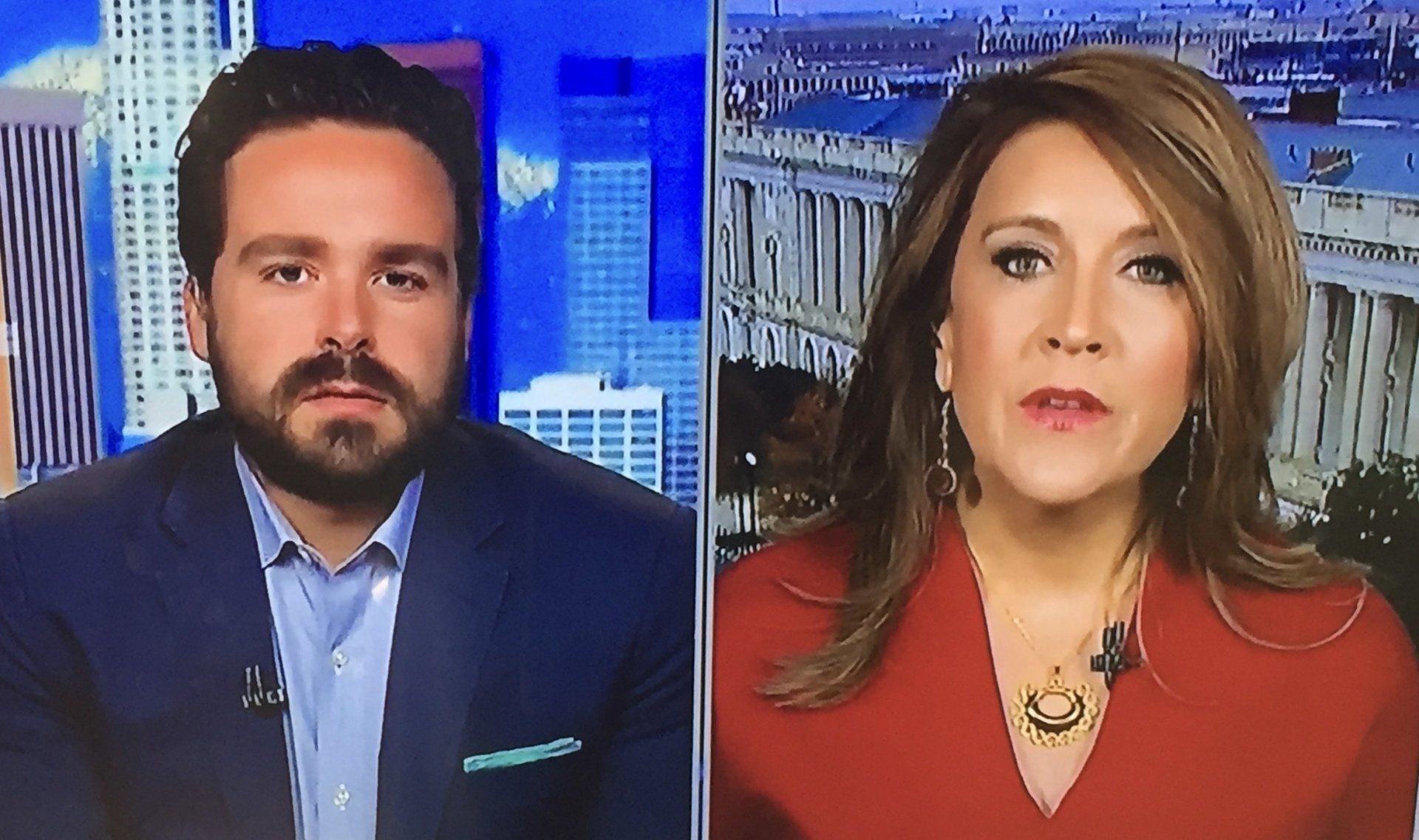PR Gone Bad—How to Master Your Public Relations Disaster

From the Ray Rice fiasco, to the Anthony Weiner sexting scandal to BP’s bumbling of the Deepwater Horizon explosion, America’s media landscape is littered with tales of PR disasters that could have been averted.
As a longtime broadcast news journalist, I’ve seen plenty of PR masters and disasters, and it’s always those who think they can run, hide or deceive who exacerbate the crisis and sometimes do irreparable damage to themselves and/or the organization they represent.
One of the first tenants in effective crisis management is transparency. When a crisis hits, there’s a natural inclination to want to make everything right as fast as possible, lie, spin, exercise a little subterfuge…do what ever it takes to make it go away fast. Big mistake. Damage control is a long term endeavor…it can take months, even years to restore trust.
Roger Goodell should have known better as he tried to contain the Ray Rice domestic abuse scandal by imposing a two game suspension. Lets face it, you did’t need to see the video to know a two game suspension is insufficient punishment for domestic abuse. Goodell even admitted as much, before trying to right the wrong by offering tougher league policies to deal with abuse cases.
But then came the coupe de gras, the tape release, that shined a critical light on Goodell and the NFL’s real intentions. No one believes Goodell didn’t see the tape. Rather the consensus as David Von Drehle of Time magazine put it is: “Ray Rice is just the latest example of football’s reactionary devotion to a cushy status quo.” The NFL’s problems extend well beyond the Ray Rice disaster. It’s been slow to react to a myriad of issues like head injuries and player addicted to pain killers. Now its worked itself into an even bigger crisis that shows no signs of waning anytime soon.
Another high profile crisis management case studies is the Anthony Weiner sexting scandal repeat. Not because of the salacious nature of the story, but by incredulity of it. Did Weiner really believe he could keep snapping pornographic selfies with impunity? Even after resigning from congress for the same infraction less than two years earlier? Had Weiner been sincere after his first mea culpa, its very likely he could have redeemed himself all the way to the New York Mayor’s office. He was the early frontrunner, but finished 5th, The public is usually willing to forgive a first infraction, but fool them twice and you’re done. So long ‘Carlos Danger.’
Whether its a politician caught with his pants down, or an NFL commissioner’s nonchalant response to domestic abuse, a crisis doesn’t have to spell the end of a career or company. While each crisis has its own personality, there are fundamentals, that when adhered to, can help anyone navigate a disaster.
When trust has been violated, the offenders audience (this can be the public, stakeholders, and/or employees etc. ) needs and demands:
1) Recognition of the transgression
2) A sincere apology
3) Explanation of what will be done to keep it from happening again
4) Transparency, show them how your making amends
In September 2013, U.S. yogurt-maker Chobani put these fundamentals to work after discovering several lots of its Greek yogurt had been contaminated with mold.
The company was quick to take ownership and issued a swift recall of the yogurt that had been produced at it’s Idaho plant- the source of the contamination. Chobani went on to issue a page long apology and ensured that the company was doing all it could to fix the issue and ship fresh product to stores.
It was a well planned and executed response to the crisis. If you didn’t hear about the story, that pretty much illustrates my point. The sooner a crisis is addressed the sooner it’s relegated to yesterday’s news.
I tell clients it’s not if a crisis will strike, but when. Having a well crafted disaster plan in place can be the difference between controlling the crisis or inadvertently contributing to it. Are you listening NFL?





